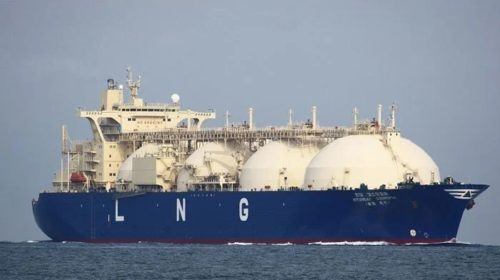After months of negotiations, the EU finally agreed on Monday to set a price cap on natural gas to protect consumers from excessive price spikes and limit inflationary pressure and industrial damage to European economies. The price cap, however, could limit Europe’s capacity to continue to draw most of the global spot LNG supply, analysts say.
Some EU member states such as Germany and the Netherlands had reservations about a price cap, concerned that a market intervention and a ceiling on prices would take away Europe’s key advantage in attracting LNG supply this year—higher prices than in Asia.
Germany agreed to back the price cap only after the EU also agreed to accelerate permitting rules for renewable energy projects, according to EU officials.
Temporary Price Cap As Of February 15
EU energy ministers have reached a political agreement on a regulation that sets a so-called “market correction mechanism”, which would come into force on February 15, 2023.
The market correction mechanism will be triggered if the month-ahead price on the Title Transfer Facility (TTF), Europe’s key benchmark, exceeds $191 (180 euros) per MWh for three working days, and the month-ahead TTF price is $37 (35 euros) higher than a reference price for LNG on global markets for the same three working days.






